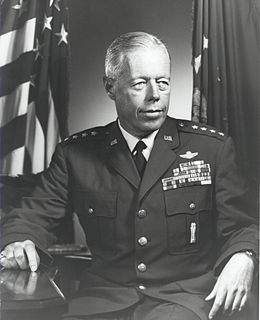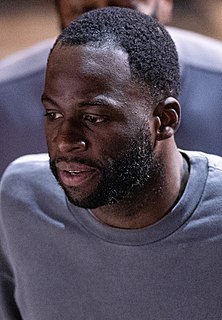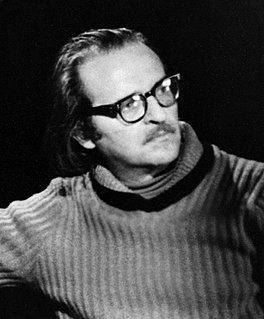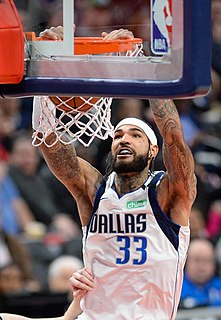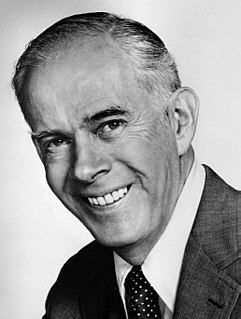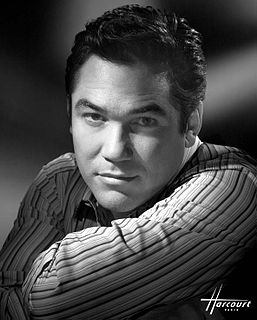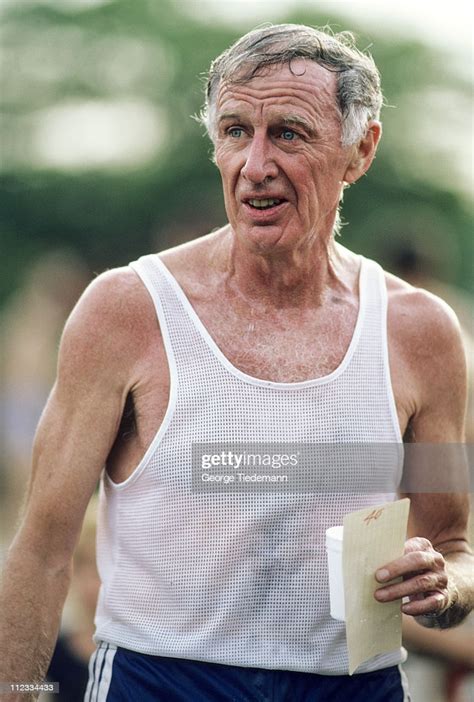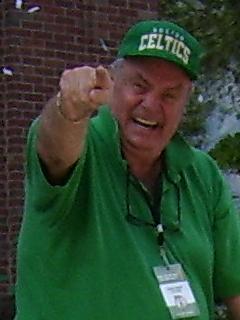A Quote by John C. Meyer
I am not a good shot. Few of us are. To make up for this I hold my fire until I have a shot of less than 20 degrees deflection and until I'm within 300 yards. Good discipline on this score can make up for a great deal.
Related Quotes
I try to respect the rules of the silent movies and I tried to make signification to make sense, and also the crew were very good and the fact that we shot in LA in the real Hollywood, studios and houses. We shot in the bed of Mary Pickford, and you cannot be any more accurate than that, so that helped a lot.
The time to hurry is in between shots. It's not over the shot. It's timing how people walk. You have to add that to the equation. If you've got somebody walking slow and they get up to the shot and take their 20 seconds, what's the aggregate time for them to hit that shot in between shots? That's what really matters. It's not the shot at hand.
There are those of us who are always about to live. We are waiting until things change, until there is more time, until we are less tired, until we get a promotion, until we settle down / until, until, until. It always seems as if there is some major event that must occur in our lives before we begin living.
If I'm ever working on a set and anyone talks about a master shot, I say there is no master shot. Before I even went to film school, I learned about movies by being in a British feature film, where everything was shot master shot, mid-shot, close-up. But I reject the idea of a master shot. You don't shoot everything mechanically; you find imaginative ways that serve the action.
